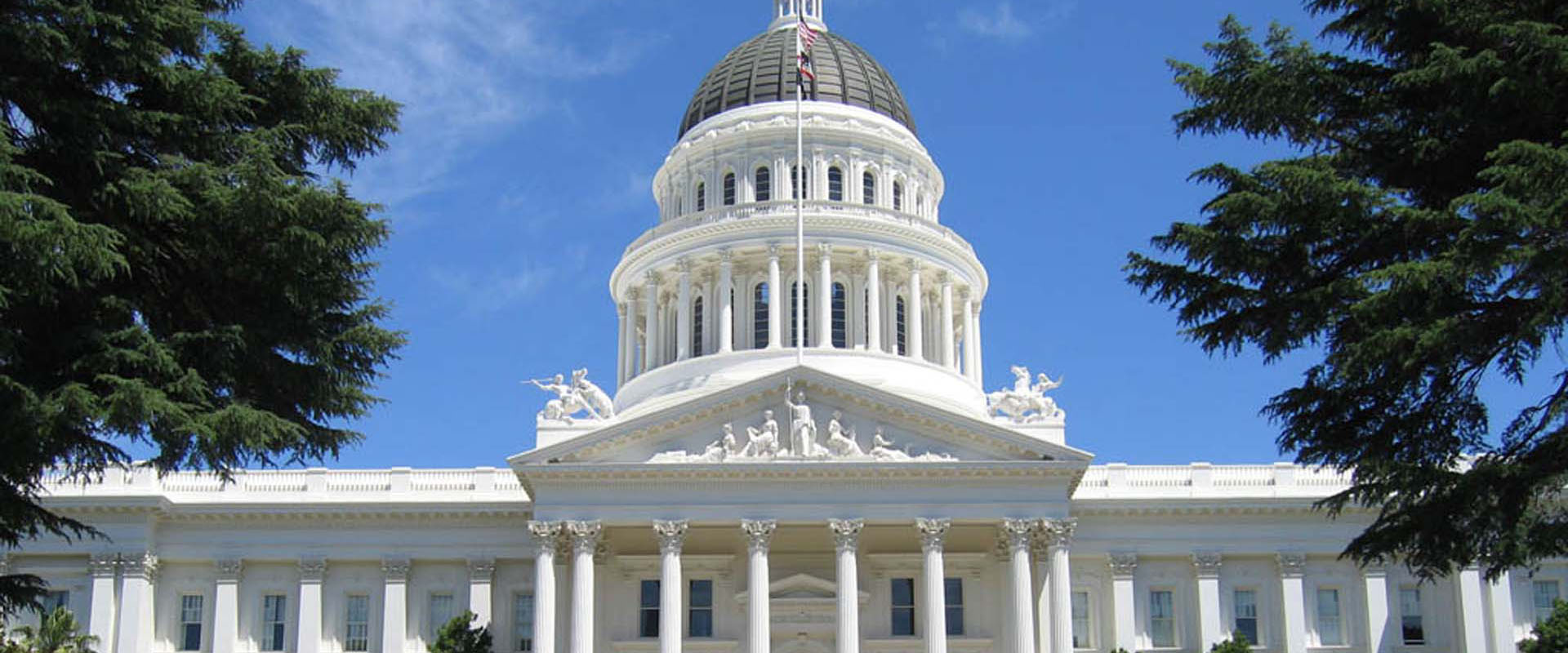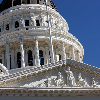Court of Appeal Clarifies Executive Order's Effect on Government Claim Deadlines

February 2022
Number 9
In response to the COVID-19 pandemic, Governor Gavin Newsom issued Executive Order N-35-20 on March 21, 2020 (Executive Order). The Executive Order extends the time by which a claim must be presented to a public entity under the Government Claims Act by 60 days. Subsequent orders issued by the Governor further extend or clarify the time to submit a claim as originally stated in the Executive Order. Recently, the California Court of Appeals for the Second Appellate District addressed the issue of whether the Executive Order’s extension applies only to the time for a claimant to present a claim to a public entity, or if it also extends the time for a claimant to file an application to present a late claim. The Court of Appeal in Coble v. Ventura County Health Care Agency et al. (2021) 73 Cal.App.5th 417 (Coble) determined that the extension did not apply to requests to submit late claims, affirming the trial court’s ruling.
The Government Claims Act (Gov. Code, § 810 et seq.) provides specific procedures for presenting claims for damages to a public entity. For example, the Act requires that claims relating to causes of action for death or injury to person or property, must be presented to the public entity within six months from the accrual of the injury. Failure to present the claim within the six-month period bars the claimant from filing suit against the public entity for the alleged injury. However, the claimant has up to one year from the accrual of the injury to file an application with the public entity to submit a late claim. Case law supports the position that a public entity is unable to grant relief if an application to file a late claim is presented outside of the one-year deadline.
In Coble, the appellant argued that the provisions of the Executive Order were broad enough to apply the 60-day extension to the deadline to present a late claim. Rejecting this argument, the Court of Appeal analyzed the language of the Government Claims Act against the language of the Executive Order, found that the unambiguous language of the Executive Order provided that the 60-day extension only applies to the time for a claimant to present a “claim” to a public entity in accordance with the Government Code. The statute relating to late claims references the submission of an “application,” but the Executive Order did not use the word “application.” Therefore, the court concluded that the Executive Order did not extend the time a claimant has to submit an “application” to file a late claim under the Government Claims Act, and ruled that the appellant failed to timely apply for leave to present a late claim.
Takeaways
Coble interprets the Governor’s March 21, 2020, Executive Order relating to the extension of time to present a claim under the Government Claims Act, and confirms that it did not extend the one-year statute of limitations for a claimant to bring an application for leave to present a late claim.
If you have any questions about this case and its effect on the timeframes relating to presenting Government Claims Act claims, please contact the authors of this Client News Brief or an attorney at one of our eight offices located statewide. You can also subscribe to our podcasts, follow us on Facebook, Twitter and LinkedIn or download our mobile app.
Number 9
In response to the COVID-19 pandemic, Governor Gavin Newsom issued Executive Order N-35-20 on March 21, 2020 (Executive Order). The Executive Order extends the time by which a claim must be presented to a public entity under the Government Claims Act by 60 days. Subsequent orders issued by the Governor further extend or clarify the time to submit a claim as originally stated in the Executive Order. Recently, the California Court of Appeals for the Second Appellate District addressed the issue of whether the Executive Order’s extension applies only to the time for a claimant to present a claim to a public entity, or if it also extends the time for a claimant to file an application to present a late claim. The Court of Appeal in Coble v. Ventura County Health Care Agency et al. (2021) 73 Cal.App.5th 417 (Coble) determined that the extension did not apply to requests to submit late claims, affirming the trial court’s ruling.
The Government Claims Act (Gov. Code, § 810 et seq.) provides specific procedures for presenting claims for damages to a public entity. For example, the Act requires that claims relating to causes of action for death or injury to person or property, must be presented to the public entity within six months from the accrual of the injury. Failure to present the claim within the six-month period bars the claimant from filing suit against the public entity for the alleged injury. However, the claimant has up to one year from the accrual of the injury to file an application with the public entity to submit a late claim. Case law supports the position that a public entity is unable to grant relief if an application to file a late claim is presented outside of the one-year deadline.
In Coble, the appellant argued that the provisions of the Executive Order were broad enough to apply the 60-day extension to the deadline to present a late claim. Rejecting this argument, the Court of Appeal analyzed the language of the Government Claims Act against the language of the Executive Order, found that the unambiguous language of the Executive Order provided that the 60-day extension only applies to the time for a claimant to present a “claim” to a public entity in accordance with the Government Code. The statute relating to late claims references the submission of an “application,” but the Executive Order did not use the word “application.” Therefore, the court concluded that the Executive Order did not extend the time a claimant has to submit an “application” to file a late claim under the Government Claims Act, and ruled that the appellant failed to timely apply for leave to present a late claim.
Takeaways
Coble interprets the Governor’s March 21, 2020, Executive Order relating to the extension of time to present a claim under the Government Claims Act, and confirms that it did not extend the one-year statute of limitations for a claimant to bring an application for leave to present a late claim.
If you have any questions about this case and its effect on the timeframes relating to presenting Government Claims Act claims, please contact the authors of this Client News Brief or an attorney at one of our eight offices located statewide. You can also subscribe to our podcasts, follow us on Facebook, Twitter and LinkedIn or download our mobile app.
Disclaimer: As the information contained herein is necessarily general, its application to a particular set of facts and circumstances may vary. For this reason, this News Brief does not constitute legal advice. We recommend that you consult with your counsel prior to acting on the information contained herein.





